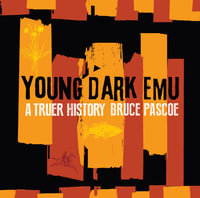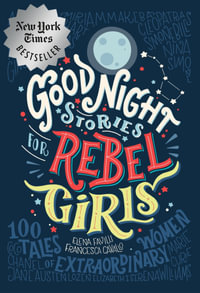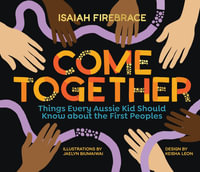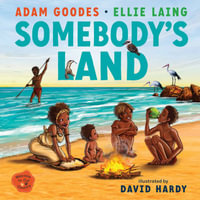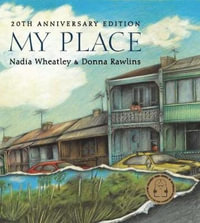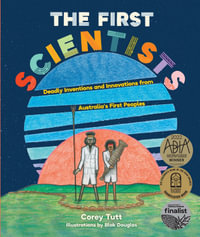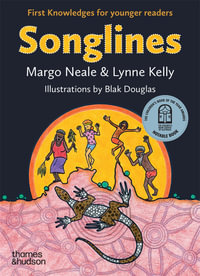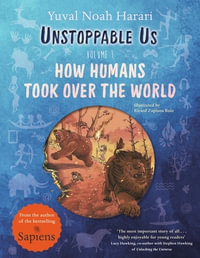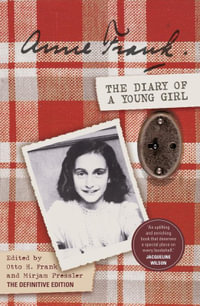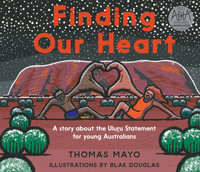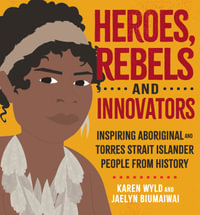"Of these female slave narratives, Harriet Jacobs's book is the crowning achievement. Manifesting a command of rhetorical devices and narrative strategies rivaled only by that of Frederick Douglass, Jacobs's autobiography is one of the major works of Afro-American literature."--Alida S. Becker, New York Times
Our long-term debate against rape and the objectivation of women as sexual slaves resounds in the pages of this book about a woman who lived more than 200 hundred years ago. The fact that women, in general, are still viewed under the scope of unscrupulous men as the objects of subjugation for their own selfish pleasures is nothing new, but the fact that it has been standard behavior for so long doesn't deem it acceptable.
Silent No More, the most recent version of Harriet Jacobs' tale of her life as a slave, and under the constant sexual predatorial scheme of her master, is a cautionary and empowerment tale for modern girls who, even thou not slaves per se, sometimes are at the mercy of powerful men in their lives that treat them as so. In its pages, and in the words of Harriet, they will find reaffirmation that it is right to escape their predators and, more importantly, to defend their rights as women to choose, to say no, and to find their own inner strength and validity to pursue their choices, instead of being pursued. - author Ila Monroe.
This book offers a rare perspective on American slavery as it affected women. It is also a testament, I think, to the value of literacy and knowledge as an instrument for winning and preserving free human life. Although this story is not pretty, it is a testament to human persistence in the face of adversity and to the precious character of human freedom. --By Robin Friedman
Industry Reviews
"Of these female slave narratives, Harriet Jacobs's book is the crowning achievement. Manifesting a command of rhetorical devices and narrative strategies rivaled only by that of Frederick Douglass, Jacobs's autobiography is one of the major works of Afro-American literature."--Alida S. Becker, New York Times
This book offers a rare perspective on American slavery as it affected women. It is also a testament, I think, to the value of literacy and knowledge as an instrument for winning and preserving free human life. Although this story is not pretty, it is a testament to human persistence in the face of adversity and to the precious character of human freedom. --By Robin Friedman


